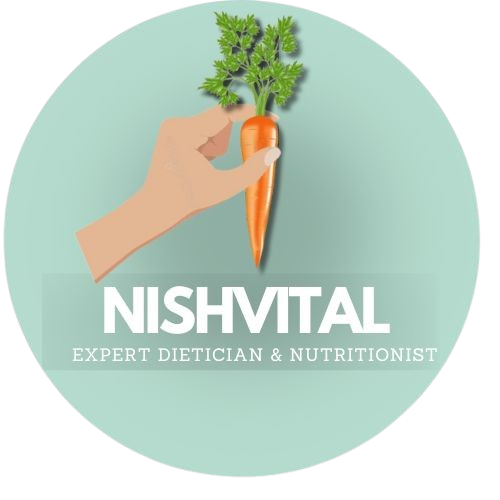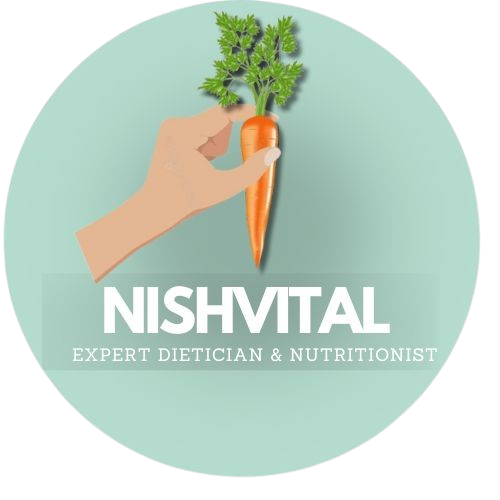In recent years, the trend of growing your own food has gained significant momentum, and a kitchen garden is the perfect way to begin. Whether you have a sprawling backyard or just a small balcony, cultivating a kitchen garden offers numerous benefits beyond simply saving money on groceries. It also promotes sustainability, enhances the flavor of your meals, and provides a calming, rewarding experience.
Healthier and Fresher Ingredients
One of the primary advantages of a kitchen garden is access to fresh, organic produce. Growing your own herbs, vegetables, and fruits ensures that you’re consuming foods free from harmful pesticides and chemicals. Plants like basil, mint, tomatoes, and lettuce can be harvested right when you need them, enhancing the taste and nutritional value of your meals.
For instance, studies have shown that homegrown vegetables often have higher nutrient content compared to store-bought options, especially when it comes to antioxidants like vitamins A and C
. With a kitchen garden, you can enjoy seasonal produce at its peak, which is not only healthier but also tastier.
A Sustainable Way to Eat
A kitchen garden is an eco-friendly practice that helps reduce your carbon footprint. By growing your own food, you decrease the need for transportation and packaging, which in turn reduces waste and pollution. This is particularly relevant as the environmental cost of transporting food from farm to table is significant, contributing to greenhouse gas emissions
.
Moreover, growing your own food allows you to practice composting, further reducing waste. Leftover kitchen scraps, such as vegetable peels, can be turned into nutrient-rich compost to nourish the soil in your garden.
Stress Relief and Mental Well-being
Gardening has been recognized for its therapeutic benefits. Tending to plants can reduce stress, boost mood, and improve overall mental health. The act of gardening requires mindfulness, as it demands attention and care. Many people report a sense of accomplishment and relaxation after spending time in their garden
.
Moreover, exposure to nature, even in the form of a small garden, has been shown to reduce anxiety and increase feelings of happiness. It also encourages physical activity, whether it’s planting seeds, watering plants, or harvesting the crops.
Easy to Start and Maintain
Starting a kitchen garden doesn’t require a lot of space or expertise. Even beginners can easily grow herbs such as parsley, cilantro, or rosemary on a windowsill or small balcony. For those with a bit more space, vegetables like tomatoes, peppers, and lettuce can be grown in containers or raised beds. Many gardening tools are now designed for small spaces, making it easier to start your own garden, regardless of your living situation.
Additionally, growing a kitchen garden can be highly cost-effective. Seeds and starter plants are often inexpensive, and once your garden starts producing, you’ll have a continuous supply of fresh ingredients at your fingertips. Over time, this can save you a significant amount of money on grocery bills.
Conclusion: Grow Your Own Paradise
Whether you’re looking to improve your health, reduce your environmental impact, or simply enjoy the satisfaction of growing your own food, a kitchen garden is a rewarding venture. It’s easy to start, requires minimal investment, and can be adapted to any living situation. So, take the plunge and begin planting your own food today—your future self will thank you!
4o mini



